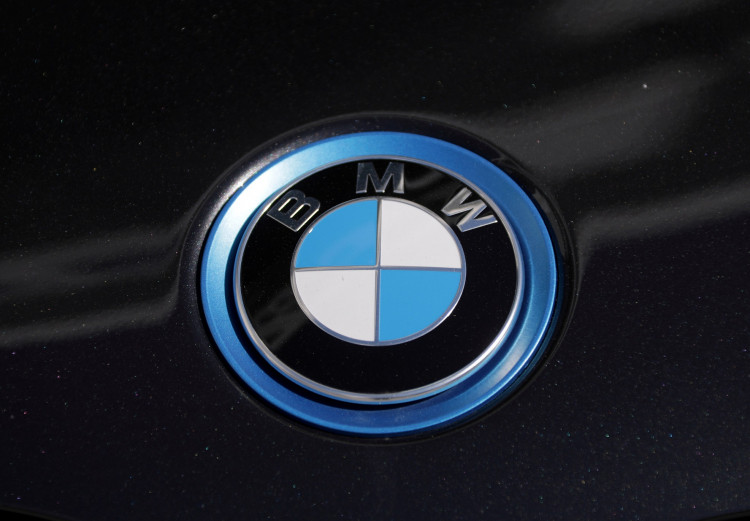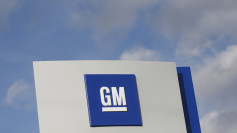German automaker BMW has come under intense scrutiny following revelations that it imported 8,000 Mini Cooper vehicles into the United States equipped with components sourced from a banned Chinese supplier linked to forced labor. A U.S. Senate report, released on Monday, highlights these findings, shedding light on the broader issue of compliance with the Uyghur Forced Labor Prevention Act.
In 2021, Congress enacted legislation to bolster enforcement against the importation of goods produced with forced labor from China's Xinjiang region. The Senate Finance Committee, chaired by Senator Ron Wyden, initiated an investigation that uncovered BMW's continued importation of products from a supplier banned under this law until at least April 2024.
BMW, along with Jaguar Land Rover and Volkswagen, was found to have sourced auto parts originating from this flagged Chinese supplier. Despite being informed about the banned products in their supply chains, both BMW and Jaguar Land Rover persisted in their imports. The auto part in question is a Lan transformer, a crucial component that enables communication between a vehicle's electronic parts.
Rob Wyden, in a statement to the New York Times, criticized the automakers for their lack of diligence. "Automakers are sticking their heads in the sand and then swearing they can't find any forced labor in their supply chains," Wyden stated. "Somehow, the finance committee's oversight staff uncovered what multibillion-dollar companies apparently could not."
The Lan transformers were not purchased directly from the Chinese supplier but were included as part of an electronic unit acquired from Lear Corp, an automotive electronic system supplier. Lear Corp asserted that it informed its customers, including BMW, Jaguar Land Rover, and Volkswagen, as soon as it learned of the part's connection to forced labor.
Volkswagen responded by taking corrective measures, arranging to replace the part in U.S. ports. However, BMW continued to import vehicles with the banned parts until the Senate committee's repeated inquiries prompted action. A spokesperson for BMW stated, "The BMW Group has strict standards and policies regarding employment practices, human rights, and working conditions, which all our direct suppliers must follow."
Despite these assurances, the Senate report indicates that BMW's compliance measures were insufficient, leading to the importation of vehicles with parts from the banned supplier well into 2024. Jaguar Land Rover also continued importing the part until April 2024 but did not comment on the inquiry.
This incident underscores the challenges and complexities global companies face in ensuring compliance with stringent labor laws and regulations. The Uyghur Forced Labor Prevention Act, enacted in 2023, explicitly prohibits the importation of products from Xinjiang unless importers can definitively prove that their supply chains are free from forced labor.
The revelations have put pressure on BMW and other automakers to enhance their supply chain scrutiny and compliance mechanisms. While BMW has pledged to resolve the issue and ensure all its suppliers adhere to its strict standards, the incident has already caused significant reputational damage.
The Senate Finance Committee's findings highlight the broader issue of corporate accountability in global supply chains. As the world increasingly demands ethical practices, companies operating on a global scale must navigate complex regulatory landscapes and ensure that their operations do not contribute to human rights violations.





